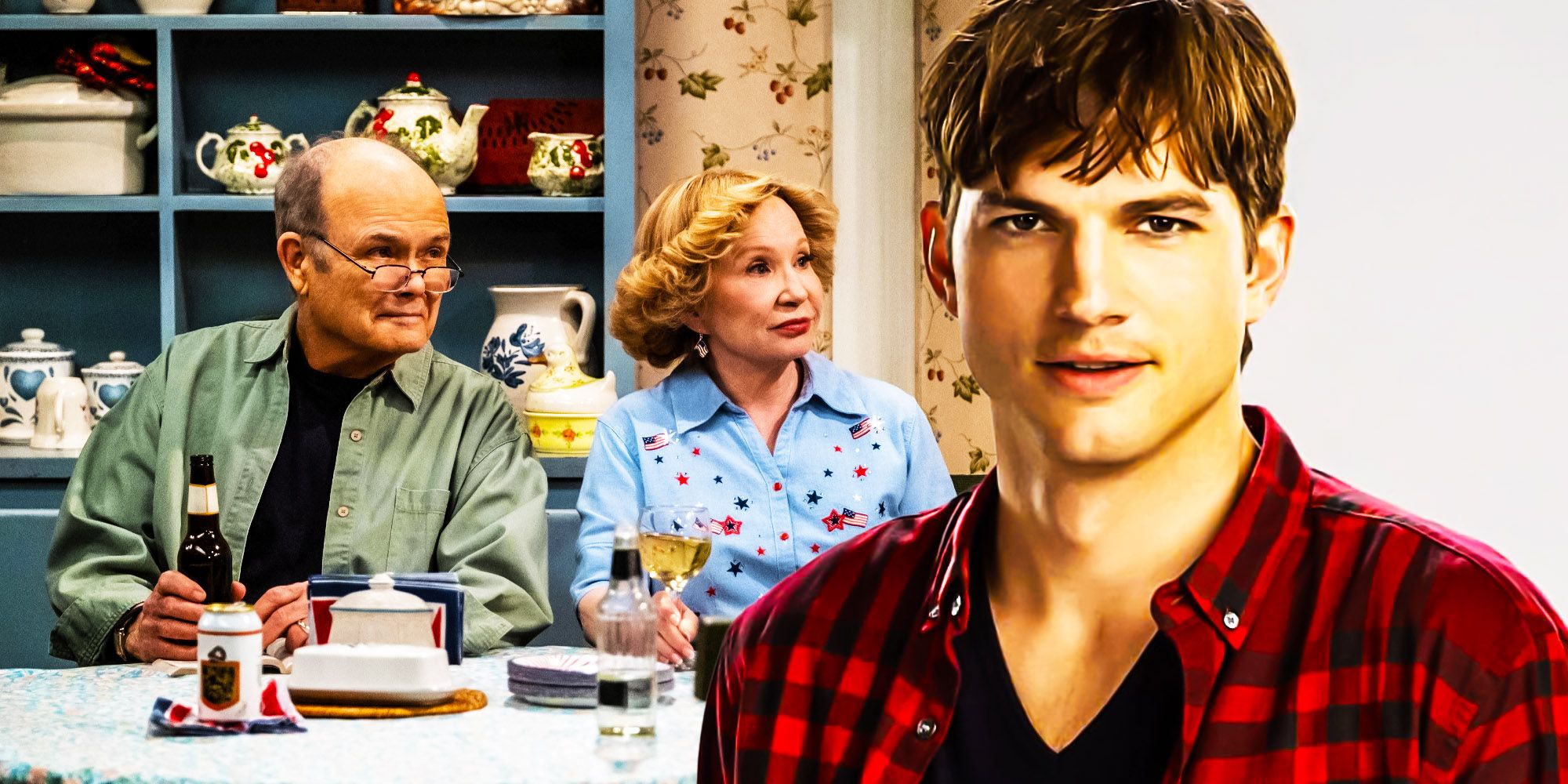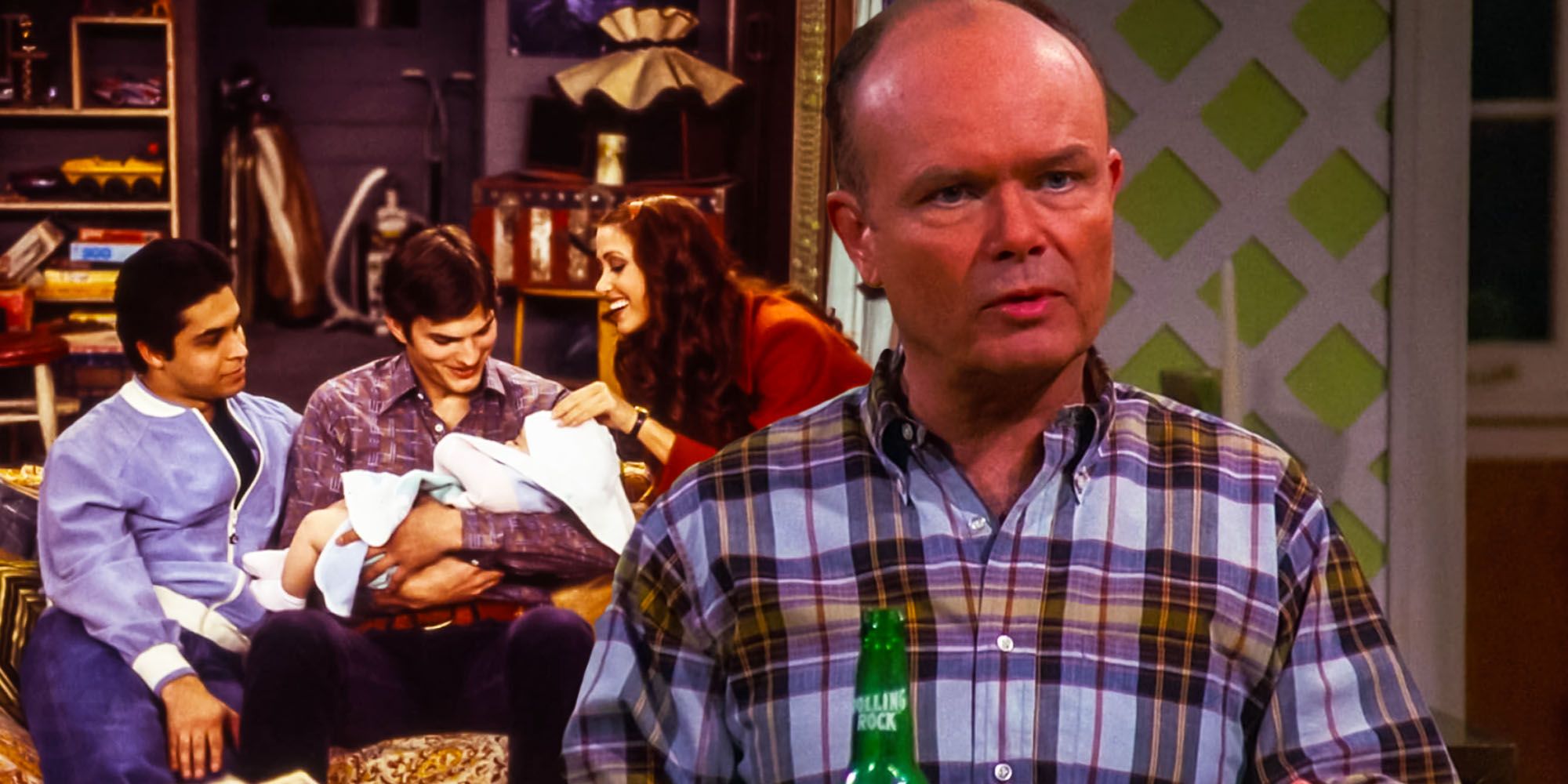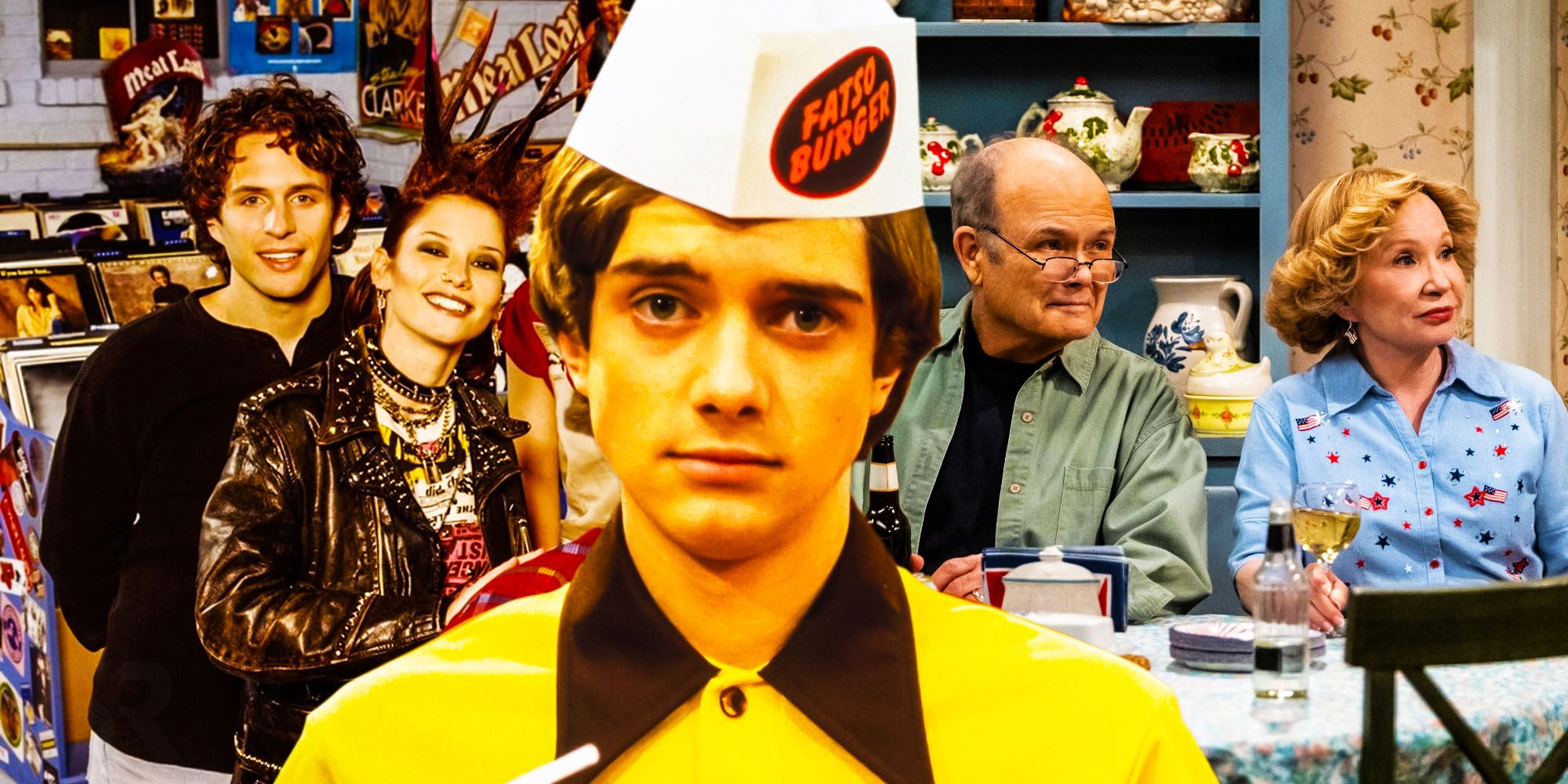Ashton Kutcher perfectly captured the essence of why That ‘90s Show will be a success back in a 1998 interview. Repeating the nostalgic Happy Days effect, That ‘70s Show – which originally ran from 1998 to 2006 – still appeals to a broad demographic. Michael Kelso actor Ashton Kutcher explained how the series was able to appeal to various generations in “The Final Goodbye” special episode. According to the actor, those who grew up in the 1970s would enjoy pointing out the nostalgic novelties and clothing of the era, while the next generation would recognize that they’re still experiencing the same youthful conflicts over 20 years later.
Netflix’s That ‘90s Show will repeat this success trick, as those who grew up in the 1990s will enjoy callbacks to novelties of the era while the current generation of teens still recognizes their own experiences in the characters. This is part of why Netflix's Stranger Things is a massive hit; viewers who were raised in the ‘80s are hit with nostalgia over the era, with the next generation seeing themselves in the dynamics of the main characters. Not only will That ‘90s Show's nostalgia appeal to current teenagers and those who came of age in 1995, but it also has the advantage of bringing in a wider group of viewers specifically nostalgic for That ‘70s Show.
That ‘90s Show Has An Even Better Trick Than That ‘70s Show
Kutcher’s theory behind That ‘70s Show’s success will be even more applicable to That ‘90s Show. In addition to the current teenagers and generation raised in the mid-1990s, That ‘90s Show will bring back the age group brought up in the 1970s. They’ll still see themselves in That ‘70s Show’s grown-up characters as they navigate parenting and adult responsibilities in the 1990s. Many who were teens in the 1970s are now grandparents at the time of That ‘90s Show’s release, meaning they’ll also relate to Red and Kitty's struggles watching over their granddaughter Leia Forman. That ‘90s Show thus appeals to three key generations, with a broader attraction to those of any age who enjoyed That ‘70s Show.
Why That ‘80s Show Didn’t Work
While That ‘90s Show repeating That ‘70s Show’s multi-generational appeal is apt to work, it didn’t for That ‘80s Show. However, That ‘80s Show premiered while That ‘70s Show was still airing, and lost out on major nostalgic allure without direct connections between the sitcoms. That ‘90s Show, however, is arriving over 15 years after That ‘70s Show’s finale, with nearly every original main character returning. That ‘80s Show also failed to include the right age group for its main cast, as the characters were presented as 20-somethings rather than teens. This meant its appeal was to an older and less broad age bracket than That ‘70s Show.
The failure of That ‘80s Show may have also been impacted by 1999's Freaks & Geeks, which was set in 1980. The series had a similar format to That ‘70s Show, so it felt like the first That ‘70s Show spinoff had unofficially been done already. On the other hand, That ‘90s Show doesn’t have too much competition from current sitcoms taking place in the 1990s, with other ‘90s-set series like Yellowjackets, Young Sheldon, and Derry Girls exhibiting very different tones. Over 20 years have passed since the 1990s, so That ‘70s Show’s new spinoff also isn’t arriving too soon after the title decade, as That '80s Show was accused of doing.



